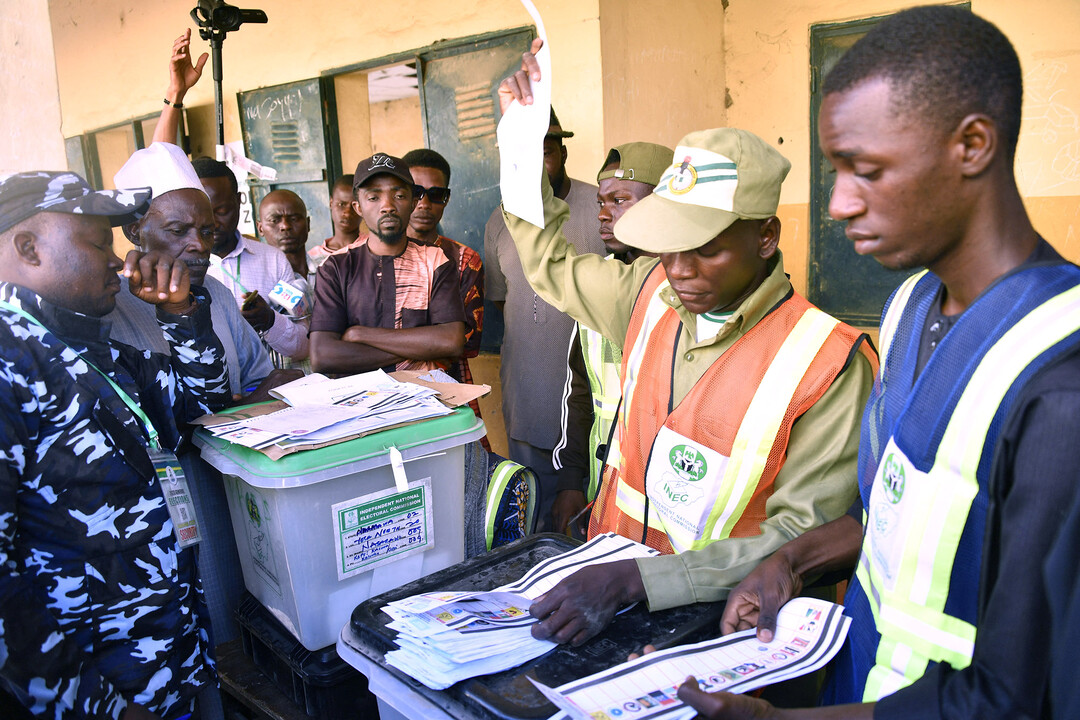Political analysts are raising red flags over the recent local government elections conducted across various states in Nigeria, citing concerns over the integrity of the electoral process and its implications for democracy.
The results, which saw ruling parties dominate nearly all seats in their respective states, have sparked widespread criticism about the fairness of the electoral system and potential manipulation.
The official results across the states reveal a pattern of overwhelming victories by ruling parties.
According to the official results: Adamawa (PDP): 21 seats out of 21; Akwa Ibom (PDP): 30 seats out of 31;Anambra (APGA): 21 seats out of 21; Bauchi (PDP): 20 seats out of 20; Bayelsa (PDP): 8 seats out of 8; Benue (APC): 23 seats out of 23; Borno (APC): 27 seats out of 27; Delta (PDP): 25 seats out of 25;Ebonyi (APC): 13 seats out of 13.
READ ALSO: Police disrupt Rivers LG elections amid heightened tensions, legal disputes
In Ekiti, APC clinched all the 16 seats, same thing in Enugu where the ruling PDP won all the 17 LG seats. Gombe (APC): 11 seats out of 11; Imo (APC): 27 seats out of 27; Jigawa (APC): 27 seats out of 27; Kebbi (APC): 21 seats out of 21; Kwara (APC): 16 seats out of 16; Oyo (PDP): 33 seats out of 33;;n Sokoto (APC): 23 seats out of 23; Taraba (PDP): 18 seats out of 18; Yobe (APC): 17 seats out of 17; and Kaduna (APC): 23 seats out of 23.
The only exception to the pattern was seen in Rivers State, where the ongoing feud between Governor Siminalayi Fubara and his predecessor, now FCT Minister Nyesom Wike, led Fubara to support the little-known African People’s Party (APP). The APP won 22 local government areas, leaving just one for the Labour Party.
Political experts warn that such one-sided election results signal deeper systemic issues. “This is not just a coincidence,” noted one analyst. “The fact that ruling parties dominate almost every state suggests widespread manipulation and raises concerns about the actual competitiveness of the elections.”
A second analyst pointed to the inconsistency in reactions to election outcomes, highlighting what they described as a “selective outrage” problem in Nigeria’s political culture.
READ ALSO: Turmoil in Rivers over LG election, Fubara warns police against lawlessness
“When outcomes favor certain groups, the electoral process is celebrated or ignored. But when parties lose, the immediate response is to criticize the electoral body. This double standard undermines the credibility of elections and casts doubt on Nigeria’s democratic institutions.”
The dominance of ruling parties in local government councils across multiple states has fueled concerns over the erosion of democratic norms.
According to political experts, without urgent reforms aimed at ensuring genuine competition and transparency, Nigeria risks damaging its democratic foundation.
“The danger is that if this trend continues, we will have a political system where power is concentrated in the hands of a few, with little room for opposition or alternative voices.
This kind of political imbalance can lead to authoritarianism, where elections are merely ceremonial,” one analyst warned.
As calls for electoral reform grow louder, the Nigerian public is left to grapple with the broader consequences of the current system.
Experts argue that only a committed effort to overhaul electoral laws and enforce stricter oversight can restore faith in the democratic process.

 Latest6 days ago
Latest6 days ago
 Trends1 week ago
Trends1 week ago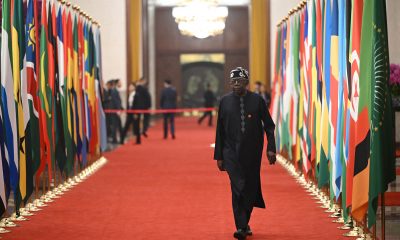
 Latest1 week ago
Latest1 week ago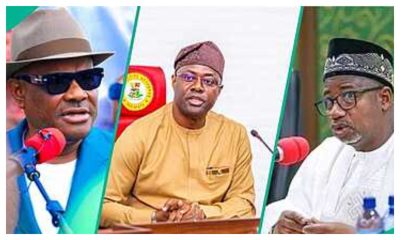
 Latest1 week ago
Latest1 week ago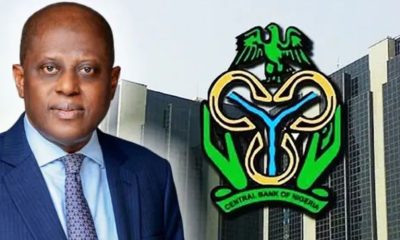
 Business6 days ago
Business6 days ago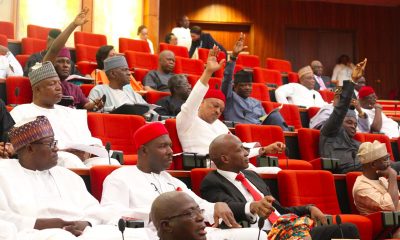
 Latest1 week ago
Latest1 week ago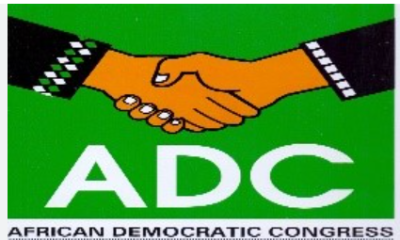
 Latest6 days ago
Latest6 days ago
 Football6 days ago
Football6 days ago
